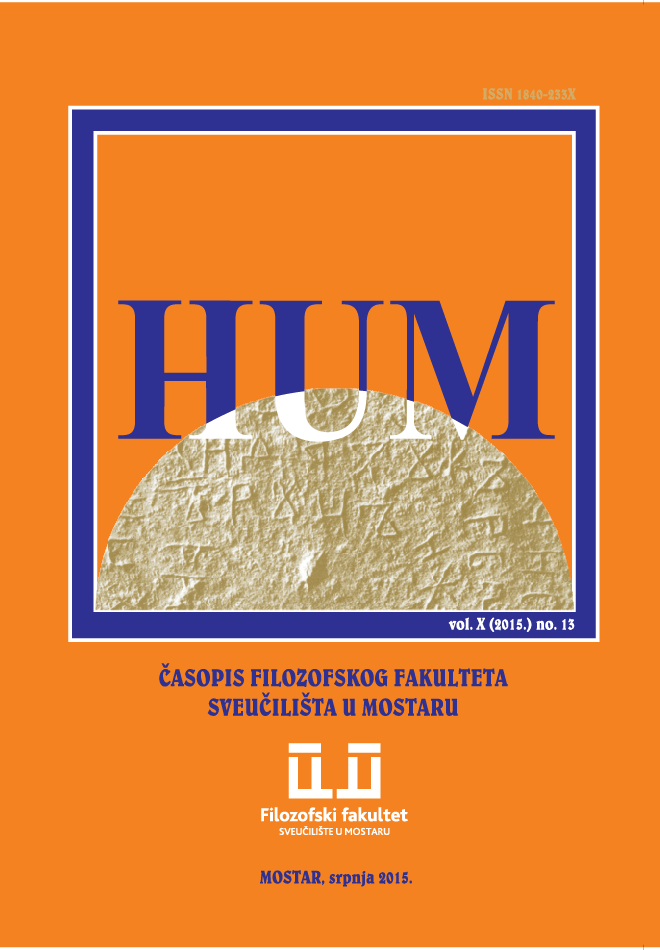PERSONALISTIČKA KONCEPCIJA UMJETNOSTI LUIGIJA STEFANINIJA
LUIGI STEFANINI’S PERSONALISTIC CONCEPTION OF THE ART
Author(s): Vani RoščićSubject(s): Philosophy, Visual Arts, Aesthetics
Published by: Filozofski fakultet Sveučilišta u Mostaru
Keywords: Stefanini; personalism; art: form; invention; originality
Summary/Abstract: A whole ray of aesthetical problems like artistic expression, style, feeling, which were opened in the works of Bennedeto Croce and Giovanni Gentile, found a close interpreter and critic in Luigi Stefanini. For him, art was an "absolute word" because of the completeness through which the work lives its own life, because of the autonomy through which the form signifies nothing else but itself. In the art "to be" and "to express" are the same thing. The work includes infinity, because it carries in itself everything necessary to show its own wholeness. As from its core, the form of the work is created in the activity of the artist, so the principle of the unity of the work is in the person of the author rather than in the intimate purpose of the work itself. Although in his thoughts on art he accepts idealistic themes, Stefanini gives them a totally new direction through personalistic foundation and for this his thought even today does not lose its importance in the speculative discourse of the contemporary Italian aeshetics.
Journal: Hum
- Issue Year: X/2015
- Issue No: 13
- Page Range: 164-187
- Page Count: 24
- Language: Croatian

